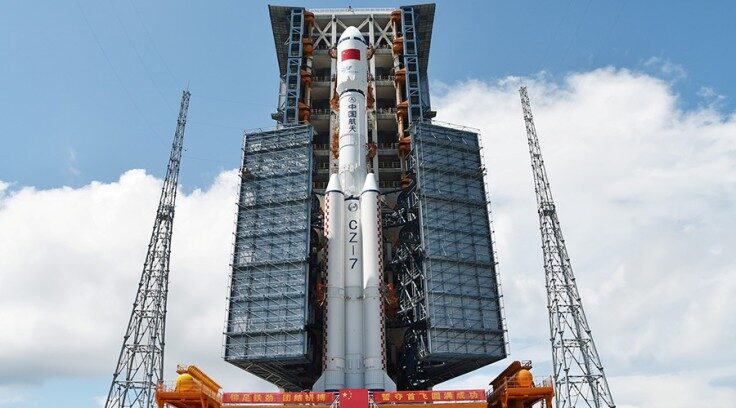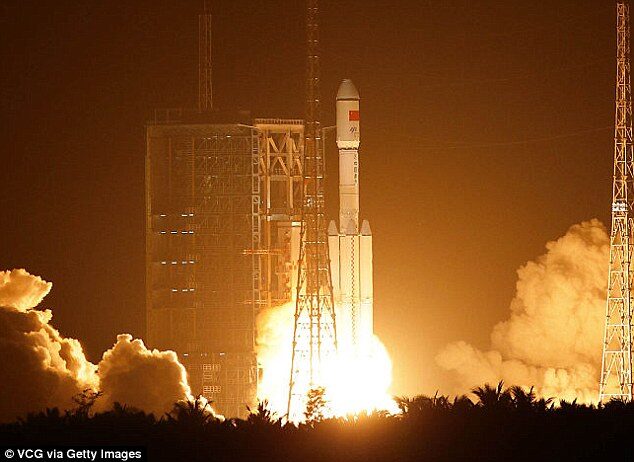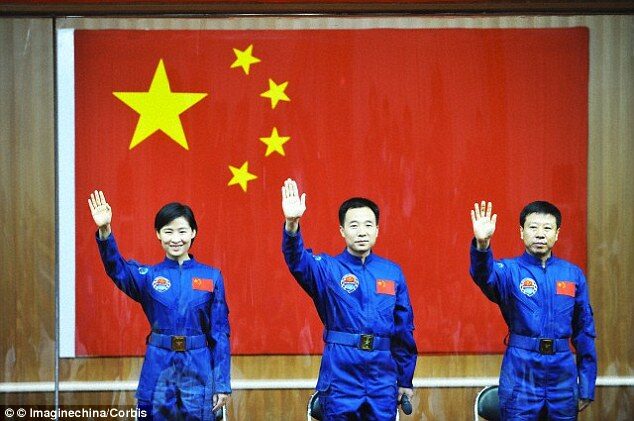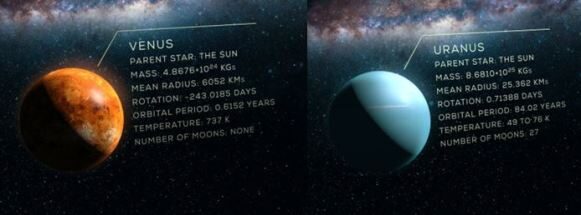China Begins Development Of Reusable Rockets For Space Exploration

SpaceX were the early pioneers of reusable rocket technology, successfully landing first stage boosters after delivering cargo into orbit, but it looks as though China are keen to follow suit with their own rockets after recognizing benefits of reusability.

The Chinese Space Agency wants to become more commercially competitive whilst reducing the risk of used parts falling back to Earth and causing destruction. They also recognize the increasing concern of space junk in low Earth orbit which poses significant dangers to our ever-increasing number of satellites.
The China Academy of Launch Vehicle Technology in Beijing is developing its own technology, but they don’t see themselves following SpaceX’s landing techniques. The Chinese system involves multiple parachutes and an inflatable airbag underneath to cushion a heavy landing. Whilst this might seem rudimentary compared to SpaceX’s impressive fuelled landings, the Chinese say the technology is more efficient and reliable.
SpaceX currently use a system on their Falcon 9 rockets, and soon to be Falcon Heavy, whereby the engines reignite after the first stage falls back to Earth which slows the rocket enough to reduce impact and create a vertical landing, although it hasn’t always gone to plan; sometimes quite spectacularly.

The China Academy of Launch Vehicle Technology revealed on their website that SpaceX’s style is pretty inefficient as it involves having to store extra fuel. It is also difficult to achieve and the chance of failure is extremely high. One of the researchers, Deng Xinyu, revealed that they had studied SpaceX’s technique very closely and opted against it, whilst still pursuing the goal of reusing rockets.

“The mainstream trend of modern rocket development is to increase the thrust and reduce the number of rocket engine. That is also why China, as well as Airbus, Boeing and Lockheed Martin did not use the technology.” Deng said.
Chinese authorities have invested into both approaches before settling for the parachute method.

A professor of aerospace technology at Peking University and official advisor to the Chinese government said that reusability of rocket technology was essential to make China a major player in space exploration, given their limited budget compared to the likes of NASA.
“Compared to mainstream rockets overseas, Long March rockets in China have lower costs, but with the increase of Chinese space exploration, the costs must be trimmed further.”
Researchers at the academy say that they can make the parachute technology, which contains sensors and a complex control system, as accurate as the fuelled landings of SpaceX.
Not all were completely convinced by the parachute method. Professor Sun Yi, who directs the aerospace science and mechanics department at the Harbin Institute of Technology, revealed his concerns about parachute-assisted landing systems as strong winds could blow the rocket miles off course.
“Falcon 9 can be brought back to the launch pad, or even land on a ship. With a parachute you may hit a mountain top or end up in thick forest on a tropical island, and even a mild shock can cause damage to the components in rocket engines,” he said.





